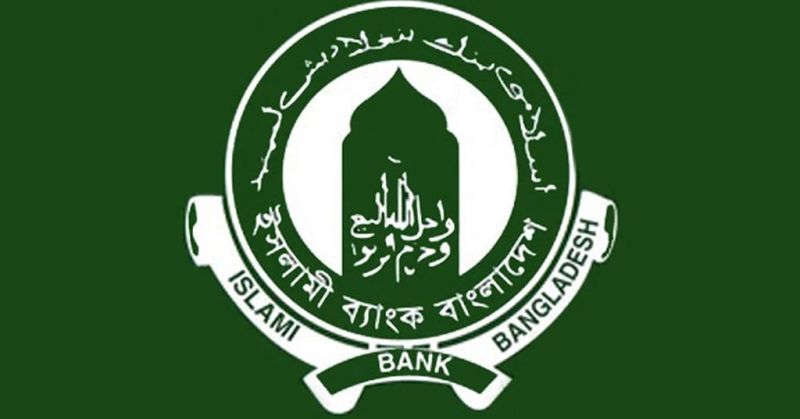- Indonesia school collapse kills 17, dozens still missing |
- Gazans Welcome Trump Ceasefire Call as Hostages Set for Release |
- Conservative Takaichi Poised to Become Japan’s First Woman PM |
- Salahuddin accuses Jamaat of backing vested quarter to disrupt polls |
Islami Bank Suffers Tk10,000cr Loss for dubious hiring

Islami Bank Struggles with Tk10,000cr Losses, Chaos
Islami Bank Bangladesh PLC is grappling with a crippling financial and managerial crisis, fuelled by years of irregular recruitment and massive fund misappropriation under the influence of S. Alam Group, according to officials and regulatory findings.
The bank’s management has recently launched efforts to restore order, starting with a competency review of thousands of unqualified staff who were hired without due process.
Additional Managing Director Kamal Uddin Jasim revealed that the bank is losing over Tk 1,500 crore annually due to the unauthorised recruitment of more than 8,000 unqualified or semi-literate individuals. Many of these appointments were reportedly made in exchange for money, without any public job circulars or competitive examinations.
A Bangladesh Bank report estimated that the cumulative cost of maintaining these employees has exceeded Tk 10,000 crore in the past seven years. Coupled with allegations of looting over Tk 1 lakh crore from the bank, the institution’s financial stability is now at grave risk.
Investigators also found that several employees had secured jobs using fake educational certificates.
The crisis deepened last week when nearly 90 per cent of these employees boycotted a special competency test organised by the bank’s current management. Instead, they reportedly launched a campaign of slander, staged press conferences, and issued threats against senior officials. In one incident, the bank’s official Facebook page was allegedly hacked, believed to be instigated by outsiders linked to the group.
A former director of the bank warned that customer deposits may be unsafe in the hands of such rebellious staff, noting that the open defiance raises serious concerns about the security of cash counters and vaults. He urged immediate action to prevent a larger collapse.
Bank officials said the irregular appointments had transformed what was once an internationally respected institution into a regional bank dominated by the Chattogram-based conglomerate.
The recruits reportedly used local dialects in official work, causing communication barriers and deterioration in customer service. Many leveraged their political connections to mistreat colleagues, ignore instructions, and manipulate transfers to their preferred locations, mostly within Chattogram.
Attempts by senior managers to enforce discipline were met with threats, false allegations, and pressure campaigns that undermined authority. The resulting climate of fear paralysed the chain of command, leaving senior officials, including zonal heads, in constant anxiety.
Even now, insiders claim, many of these employees are threatening to reclaim their positions after the next national election alongside the return of S. Alam’s influence.
Banking professionals have cautioned that these irregularities have dealt a severe blow to public confidence in the financial sector. At a recent programme, City Bank Managing Director Masrur Arefin said bluntly: “S. Alam alone has destroyed the entire banking sector.”
Meanwhile, customer frustration has spilled onto social media. “The illegal bankers of Patiya are protesting to save their jobs, but why aren’t they demanding the return of Tk 1 lakh crore smuggled by their ringleader S. Alam?” wrote Aminul Islam, one disgruntled client.
The fate of Islami Bank now hinges on whether the current management can dismantle entrenched irregularities and regain depositor trust before the crisis spirals further.

